Into the Archivist's Mind: September Books.
Reflecting on reading, writing and the books I’ve read this September.
September is one of my favorite months, (don’t tell October!) It’s not just my birthday that makes it special, it’s the sense of renewal that fills the air and the return to routine that brings me comfort. Every year, I see September as a time of rebirth, where everything feels more vibrant and alive. This year, I’ve finally decided to launch this newsletter and start writing reviews and reflections of the books I read each month. I was always reclutant to do this — the “I’m not smart enough” course runs deeply in my bones — but then I thought … okay: these are my thoughts and maybe they’ll be interesting to someone. So here we are.
Since I was a child, I’ve loved stories about fairies, clever mice, twin sisters, and magical schools. I can hardly remember a time when I didn’t have a book in my hands. The majority of people see reading as an escape from reality, and yes, I agree — to a certain extent. It’s true: during tough times, I tend to retreat into the comfort of my bed, losing myself in stories that help me forget my worries. But no matter the circumstances — whether life is calm or chaotic — I always find relief in the act of reading. Even when I’m perfectly content, I still reach for words written by strangers, probably because books are my favorite companions.
I’ve always used a notebook to keep track of my readings (and sticky notes on the book itself!) I write down key plot points, character traits, and my thoughts on the writing and flow of each story. In this little space on the internet, I’ll share those notes, hoping they’ll spark interest in some of you. If you’re reading this, I want to thank you in advance for spending ten minutes of your day with me. There are a myriad of books in the world, so it’s kind of impossible to read every single genre. With that in mind, I thought I’d share some of my favorites below, hoping to connect with anyone who shares similar tastes.
And if our tastes are completely different but you still choose to read this, I’m sending you the biggest hug! Now, I’ll stop rambling and let you dive into my reviews of the eight books I have read in September.
The Overstory — Richard Powers (2018)

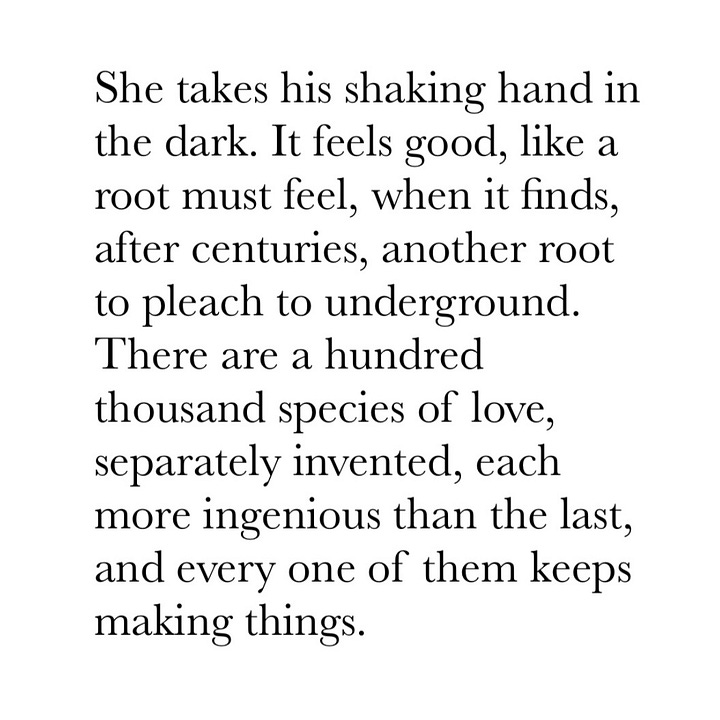
I decided to begin with a widely beloved book: The Overstory, written with unquestionable skill, is a novel with a huge cast of characters. I knew this going in, and it was one of the reasons I was excited to read this. I’ve always enjoyed books with a large cast; I love choosing a favorite character, watching their growth, and learning about their roots. But reading this novel, I found myself unable to connect with any of the characters — not in the sense that I expected to see myself in them, but I struggled to feel sympathy or interest in their lives. That said, the first section of the book where Powers lays out the characters backstories, was my favorite and the part I enjoyed reading the most. His work in this novel is undeniably impressive, the way he portrays activism feels vital to the present day. The connections between the characters and nature are certainly present, maybe I just expected to find more lyrical writing. I’d rate this book 2.5/5 ⭐️
Almond — Won-Pyung Sohn (2017)

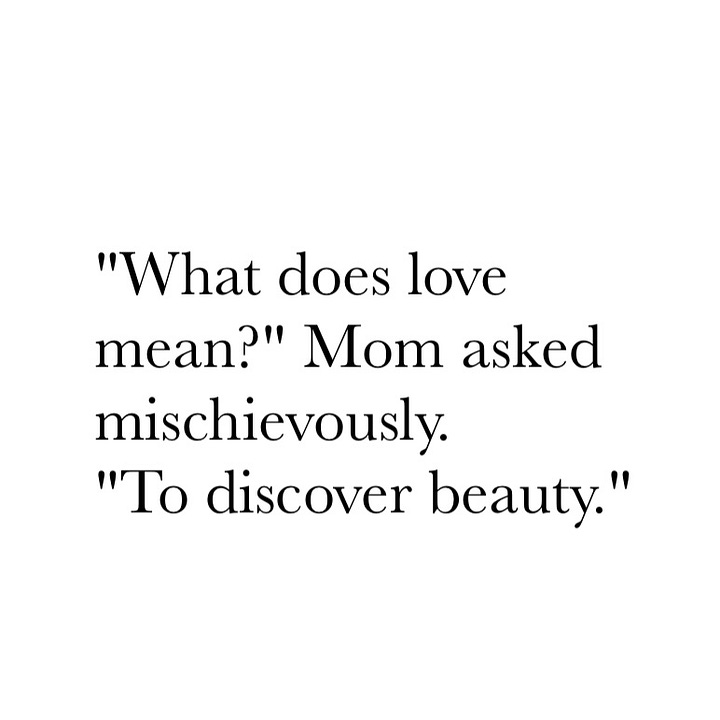
I finished Almond in just one day, thanks to Won-Pyung Sohn’s writing, which I found to be simple but still beautiful. I felt a deep sense of empathy for the protagonist, Yunjae, and the struggles he found in living without emotions. Maybe it was a little too short, I do think it could’ve been a hundred pages longer, to dive even more deep into the protagonist’s mind and develop the relationships with the characters around him. I’d rate this book 3/5⭐️
The Bird’s Nest — Shirley Jackson (1954)

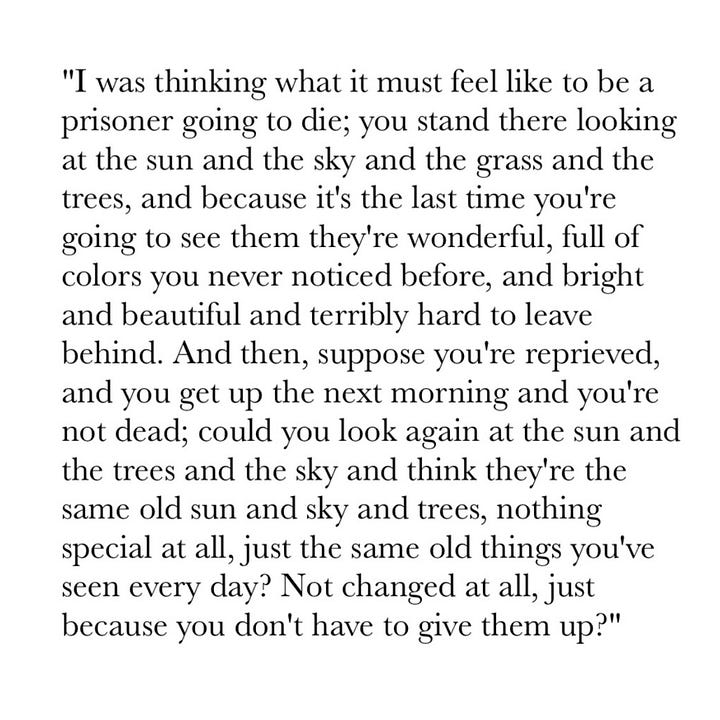
In my mind, Shirley Jackson can do no wrong. I’m on book five of my Shirley Jackson journey and I have yet to find one that has disappointed me. I didn’t love it as much as Hangsaman, which was one of my favorites last year, but it certainly excels in what Jackson does best: writing about strange, complex women. In this book we have a protagonist with multiple personalities, and while other authors might struggle to keep them all interesting, Jackson brings each one to life. The shifts in narration between Elizabeth, the doctor, and her aunt never feel dull (but I’ll admit there’s a slightly slower section in the middle), but the story remains engaging throughout. By the end, you can’t help but feel affection for the protagonist and all the personalities living inside of her. I’d rate this book 4/5 ⭐️
Rebecca — Daphne du Maurier (1938)

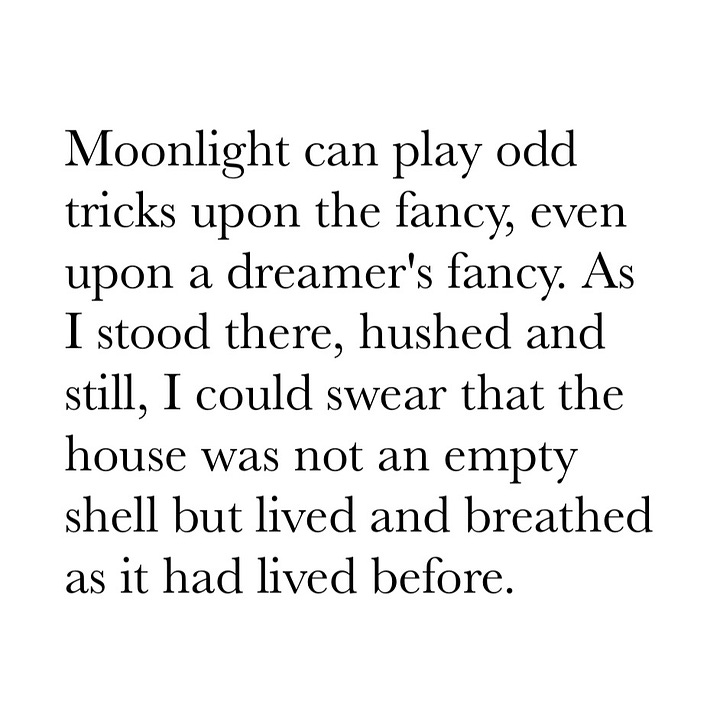
I loved (almost) everything about this book. Rebecca starts with what I consider to be a spectacular first chapter, and from the very first pages I knew it would be a success. I particularly enjoyed the vivid and detailed descriptions of Manderley and the surrounding nature. The unnamed protagonist is a naive young woman who falls in love with an older man carrying a terrible secret. Their turbulent relationship is written in a way that it’s impossible to feel any sympathy for Maxim. He treats his new wife with indifference, never showing her real affection, but always expecting it in return. This made me feel sympathy for the narrator, who is young and inexperienced, and only finds some strength by the end of the book. But she is too, like her husband, haunted by Rebecca’s presence, so she becomes a bit annoying and boring to the reader. I didn’t like this as much, I would have preferred a change of character, her becoming a more powerful woman, but I think the author did this on purpose. For me, the most interesting parts of the book are the house and Rebecca herself. Even without flashbacks of her life Rebecca feels very present, almost alive, and still has power over everyone and everything. I’d rate this book 4/5 ⭐️
I Margini e il Dettato — Elena Ferrante (2021)
(read in italian)

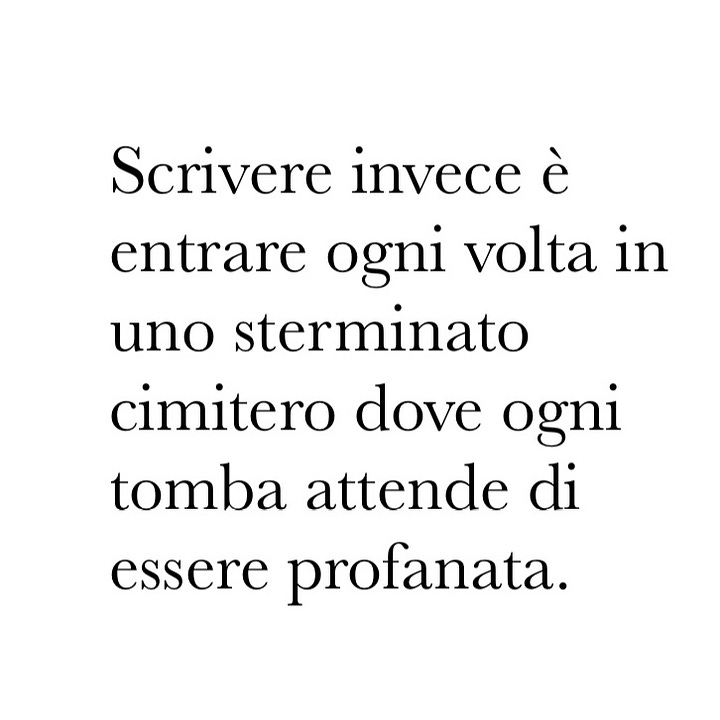
Everything Elena Ferrante touches turns into gold. This small book is no exception; it transcribes three lectures and an essay where she discusses the origins of her writing, talks about feminism, and references other writers and novels. (I particularly loved the section on Emily Dickinson.) Short but effective, a must read if you’re already familiar with her work. Personally, I would read anything she writes. I only have one of her books left to read, and it breaks my heart to think about it. I’d rate this 3.5/5 ⭐️
Tuesdays with Morrie — Mitch Albom (1997)
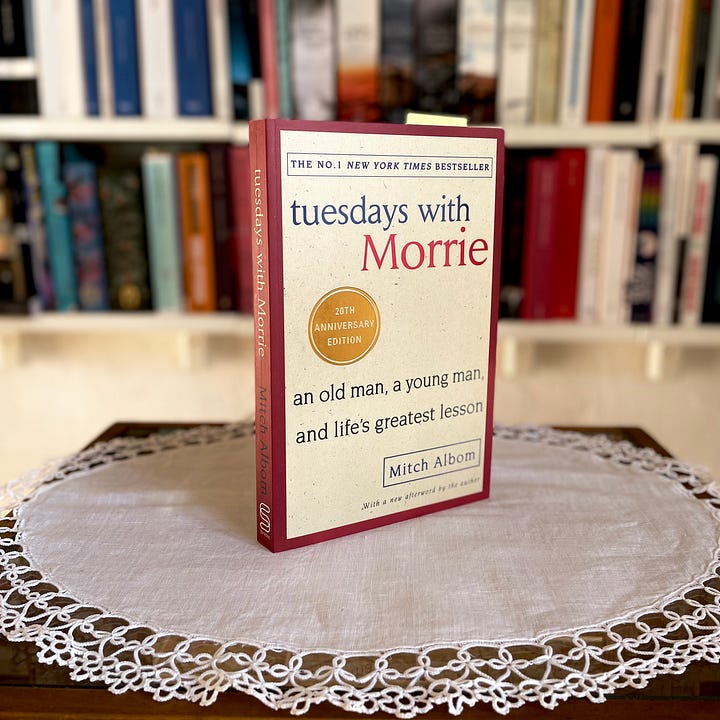
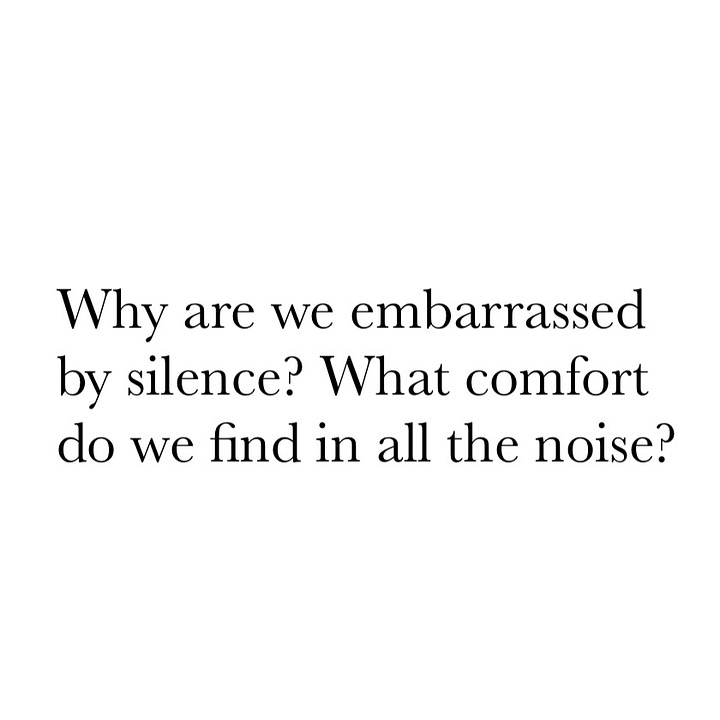
A very sweet book. That’s it. I think if I had read it as a teenager, I probably would have loved it. I’m not saying it’s a bad book — the opposite: the relationship between the main character and the professor feels pure and genuine, and I enjoyed those famous “life lessons.” It might have too many aphorisms for my taste. The fact that it’s based on a true story is very touching, it made me reflect on those rare, rare student/professor relationships that we often find in movies such as: Dead Poets Society, Mona Lisa Smile and The Holdovers. So, I would definitely recommend it to whoever loves those movies, and especially to anyone who loves inspiring quotes about life. I’d rate this book 3/5⭐️
L’età Fragile — Donatella di Pietrantonio (2023)
(read in italian)
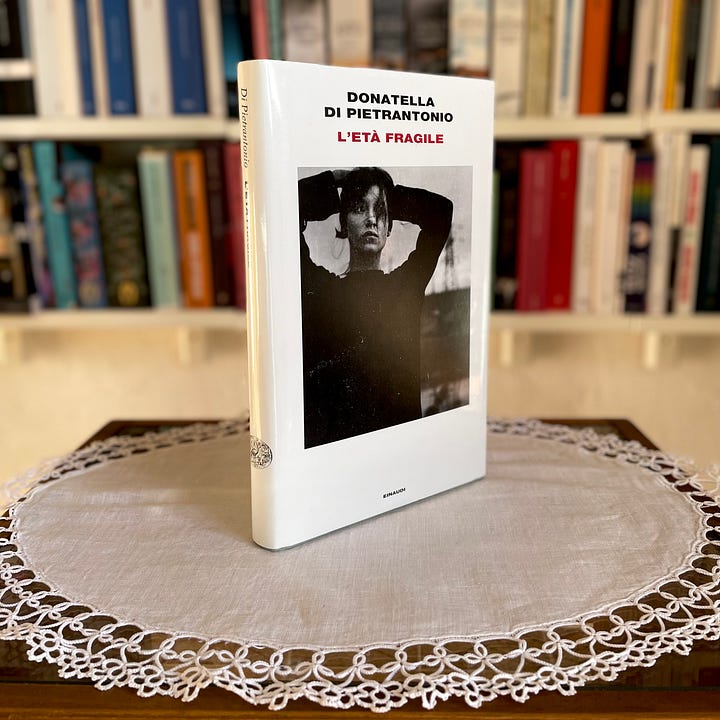

L’età fragile revolves around a past crime and a complicated relationship between mother and daughter. I enjoyed the double narrative, but I actually preferred the crime part. The writing is nice, fluid, and easy to read. Knowing the protagonist’s thoughts allowed me to empathize with her but, just like her, I didn’t fully understand what was going on with her daughter, which made the story a bit frustrating. This was my first book by the author, but I don’t think it will be the last! I felt like it could’ve been a little bit longer and more deep into the mother/daughter relationship, but overall I enjoyed it. I’d rate this book 3.4/5 ⭐️
Annie Ernaux — A Man’s Place (1983)
(read in italian)
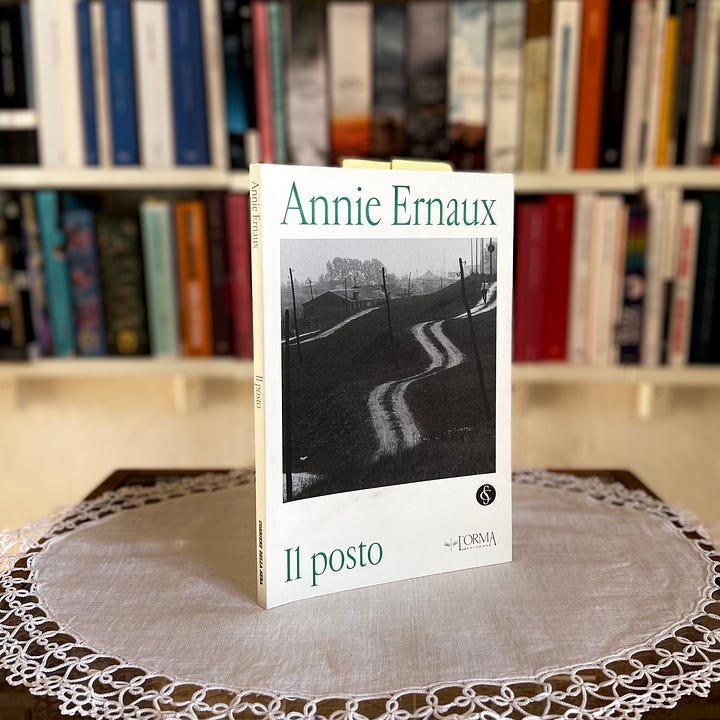
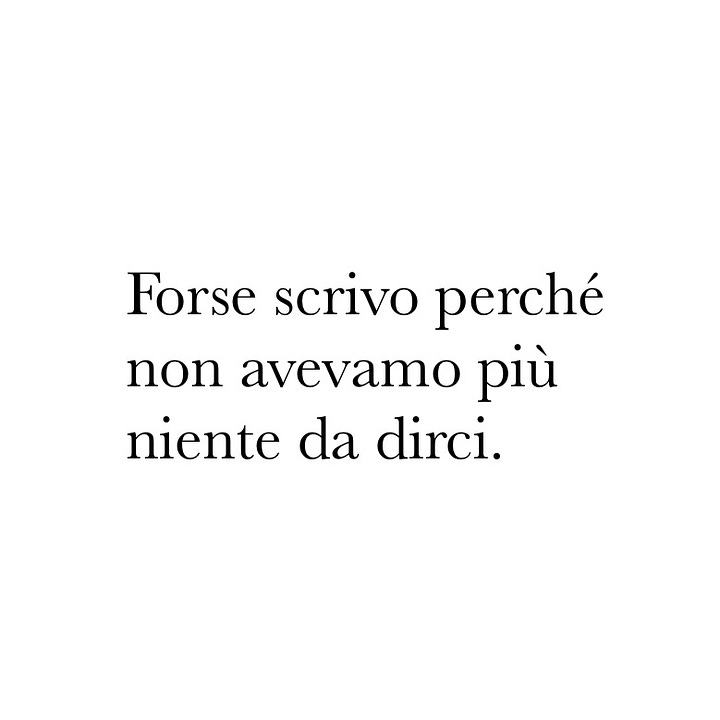
My second book by Annie Ernaux! I believe I still need to find a real connection with this author. I’m sure it will happen soon, but, just like while I was reading A Girl’s Story, I felt like something was missing. Maybe it’s the translation’s fault, or perhaps I’m choosing the wrong books? We’ll see. Between the two, I still preferred A Man’s Place. I found the story of the author’s father’s life really fascinating. The description of their difficult relationship, full of ups and downs, felt very real. Maybe it seemed a bit detached, probably intentionally on the author’s part, she admits that at one point in life they had nothing more to say to each other. I’d rate this book 3/5⭐️
This is just the beginning for Into the Archivist’s Mind, I’ll be back next month. I’ve made this content available to everyone, but if you enjoyed it, please consider supporting my true real passion and my work by becoming a paid subscriber and be able to read next month’s reviews. Your support means a lot to me and will give you access to upcoming posts (and to my other newsletter: The Seasonal Archive) I can’t thank you enough. Love, Ella.

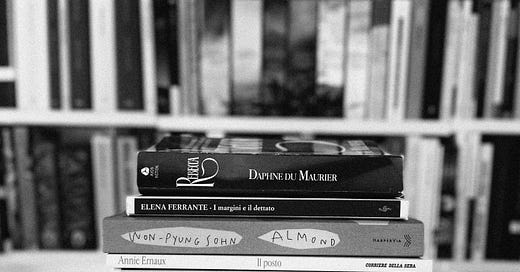



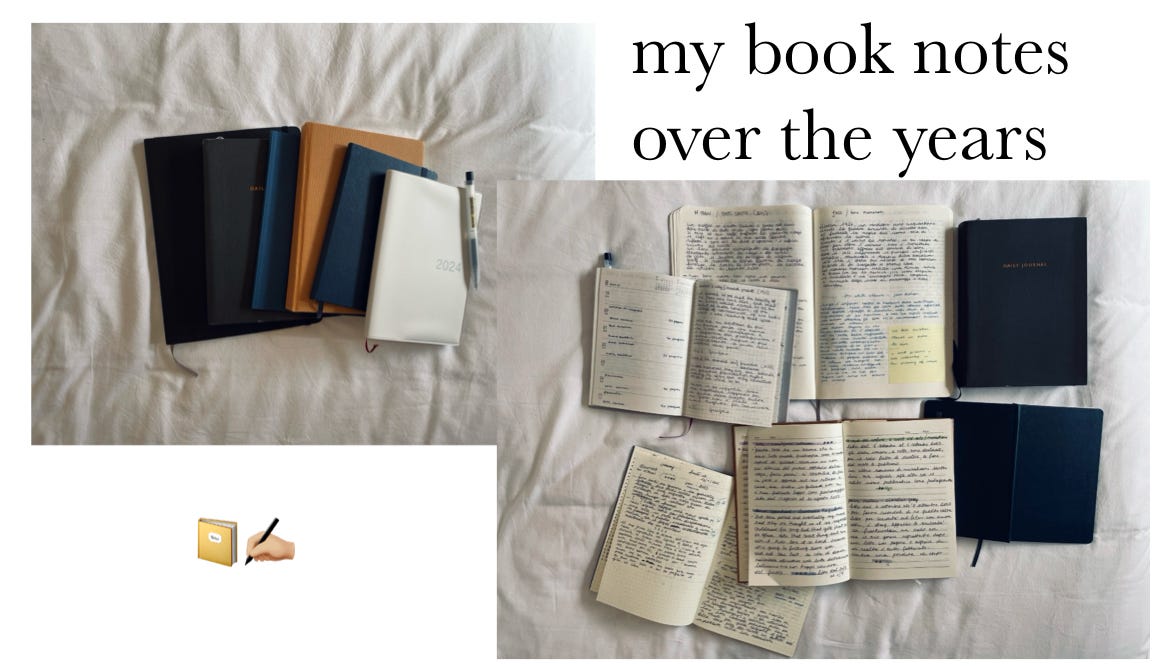
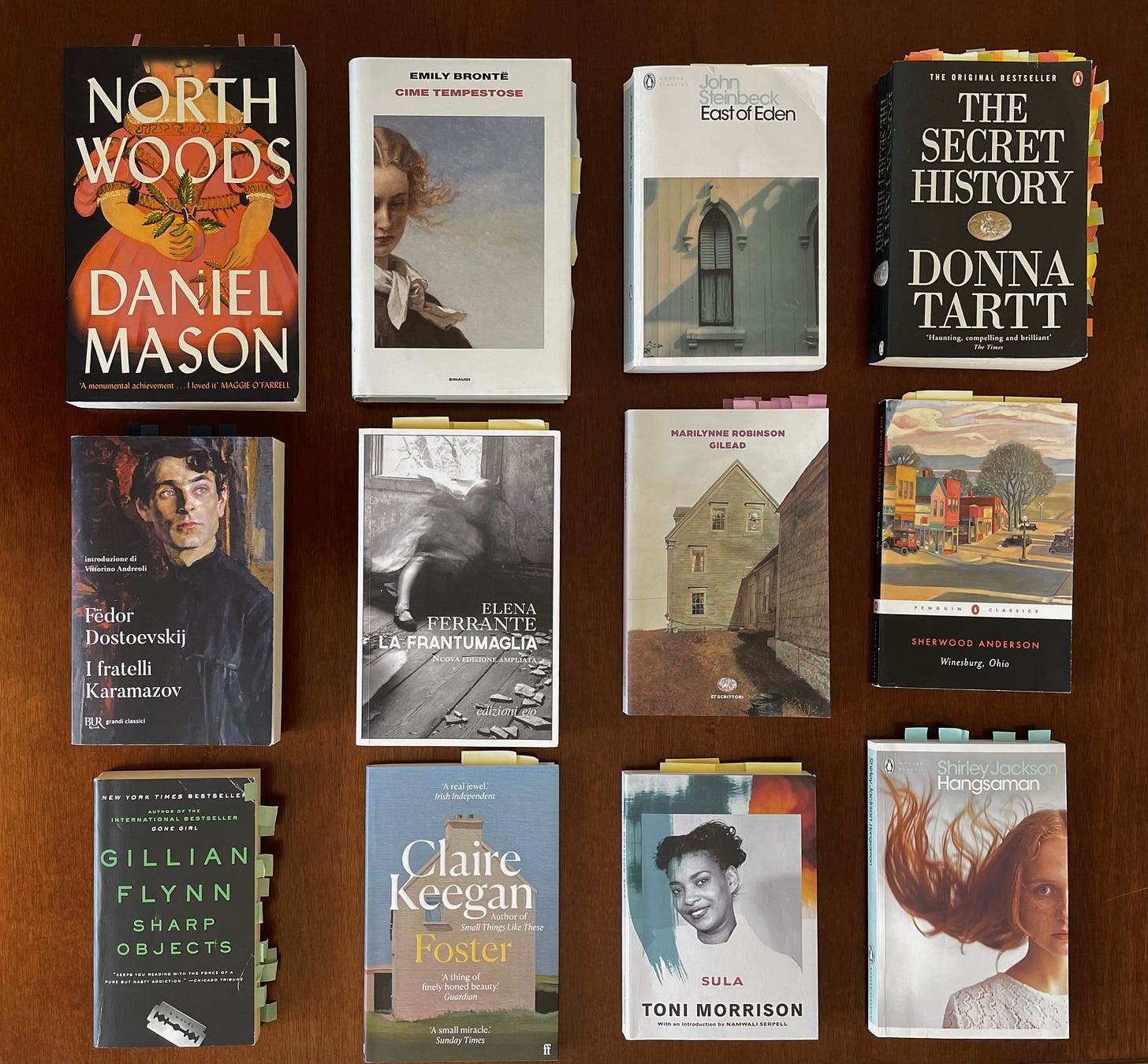
almond <3
I think we have a similar taste in books and I love your light touch with words – can't wait to read more.